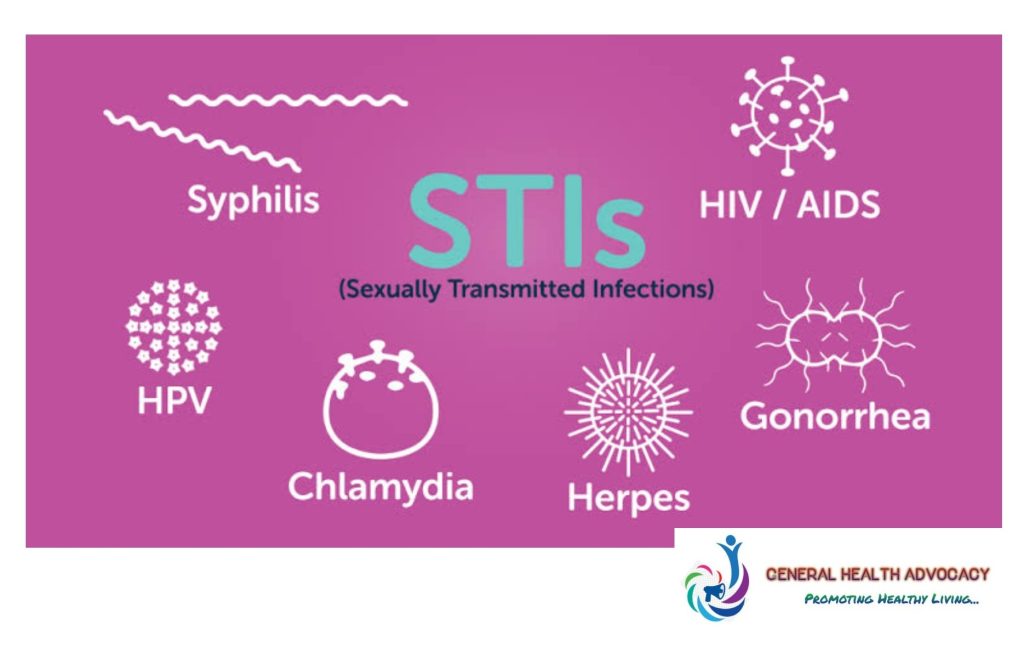Sexually Transmitted Diseases

Sexually transmitted diseases, is an infection transmitted through sexual contact, caused by bacteria, viruses or parasites. It’s commonly called STDs or STIs, which can also be referred to as diseases that are spread by having sex with someone who has sexual transmitted disease/infection.
You can get sexually transmitted disease from sexual activity that involved mouth, anus, vagina, or penis.
According to World Health Organization, more than 1 million sexually transmitted infections (STIs) are acquired every day worldwide, the majority of which are asymptomatic. Each year there are an estimated 374 million new infections with 1 of 4 curable STIs, such as chlamydia, gonorrhoea, syphilis and trichomoniasis.
American Social Health Organization also reported that, one out of four teens in United States becomes infected with an STD each year. By the age of 25, half of all sexually active young adults will get an STD.
STDs are serious illnesses that require treatment. Some STDs, like hepatitis B, herpes simplex virus (HSV), HIV and human papillomavirus (HPV), cannot be cured and are deadly. By learning more, you can find out ways to protect yourself from the following STDs.
- Genital herpes
- Human papilloma virus/Genital warts
- Hepatitis B
- Chlamydia
- Syphilis
- Gonorrhea

See Also
What are symptoms of Sexual Transmitted Diseases?
Sometimes, there are no symptoms of STDs. If symptoms are present, they may include one or more of the following:
- Bumps, sores or warts near the mouth, anus, penis or vagina.
- Swelling or redness near the penis or vagina.
- Skin rash.
- Painful urination.
- Weight loss, loose stools, night sweats.
- Aches, pains, fever, and chills.
- Yellowing of the skin (Jaundice).
- Discharge from the penis or vagina, vaginal discharge may have an odor.
- Bleeding from vagina other than during a monthly period.
- Painful sex.
- Severe itching near the penis or vagina.
Complications of Sexual transmitted infections.
STIs have a direct impact on sexual and reproductive health through stigmatization, infertility, cancers and pregnancy complications and can increase the risk of HIV.
Drug resistance sexual transmitted infections is a major threat, in reducing the burden of STIs worldwide.
It’s very important to consult your healthcare provider, for any of the highlighted symptom(s) for early diagnosis and treatment.
N. B: Ensure you practice safe sex and other measures, to prevent Sexual Transmitted Infections or Diseases.
3 Comments